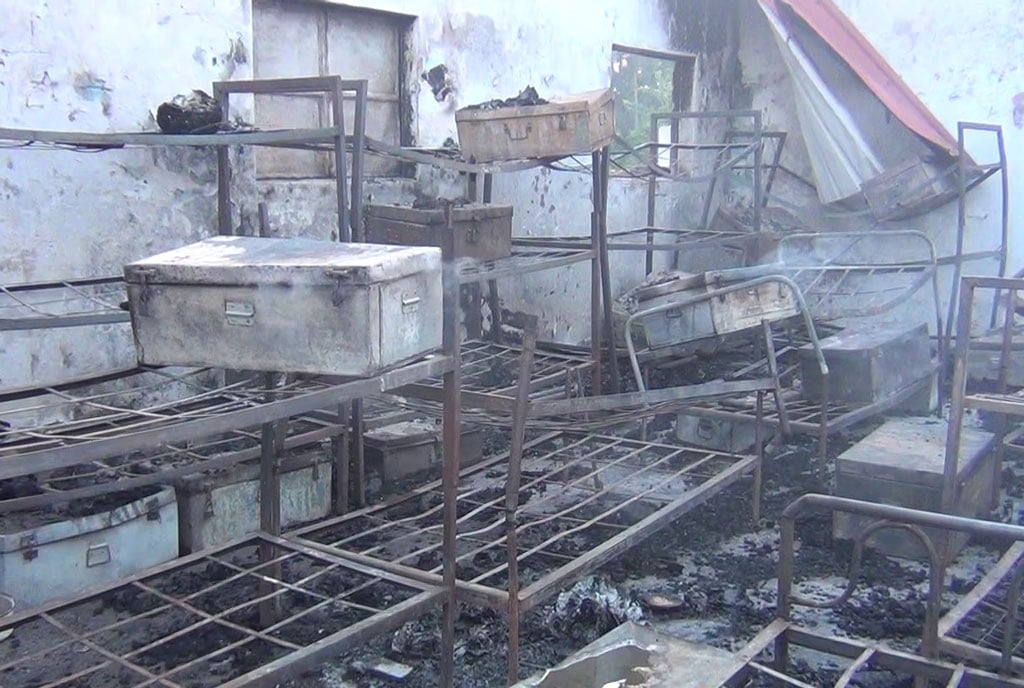Entire government needs probing, not just lands
What you need to know:
Intriguing. There is a casualness to the corruption that is intriguing. You would think some arrests and convictions and previous commissions would scare the rest. Not at all.
Commissions of inquiry are now a fairly common feature in Uganda. In the past 15 years, we have seen inquiries, almost always led by a (female) judge, into, among others, the police, Uganda Revenue Authority, Global Fund, and Uganda National Roads Authority.
The impact of the findings of these commissions is debatable. What is not is that they are revealing of the corrupt workings of big people and their cronies. They provide a glimpse into how Uganda works or doesn’t work.
Justice Catherine Bamugemereire, having presided over the UNRA inquiry starting in 2015, is now looking into lands.
The script is repeated. Politicians, pastors, businessmen and women, plus a host of other politically exposed persons are shown to plunder public resources for private gain.
There is a casualness to the corruption that is intriguing. You would think some arrests and convictions and previous commissions would scare the rest. Not at all. Why, because even those who have suffered any punishment, it has been minimal, not deterrent. Over time people figure that they can essentially absorb the punishment and live to enjoy the loot. But, overall, a sense of impunity has taken hold.
Those who run the government, on behalf of tens of millions of Ugandans, seem to hear a voice that tells them they are entitled to use their positions to do as they please. They believe that voice. Public resources are their personal resources; after all they are the ones in charge.
The current lands probe is demonstrating one more time how public officials treat public resources. You want a billion shillings from the land fund, why not. A letter or a word from somewhere important is enough. Then the shillings are shared all around. Just like that.
The wetlands? You can be a self-proclaimed man of God while at the same time destroy God’s creation in the form of wetlands, all in pursuit of earthly wealth. Cruel irony is for us small people.
Uganda scores quite poorly on a number of global indices compared to its neighbours and other such peers. This is inevitable because instead of a minister focusing his or her creative energies on serving Uganda, he or she focuses on the corrupt self.
To some, corruption never stopped a country from developing. Probably, except that I suspect the country could have hit various development milestones faster were it not for the grand larceny.
And the perception that we are a corrupt society is widespread and enduring, suggesting that the commissions of inquiry and what crackdown happens against the corrupt are simply not having the big effect hoped for. I would like to think that corruption has stifled investment, both foreign and domestic. It has messed up the State institutions that should be facilitating growth and transformation.
In 2002, as Justice Julia Sebutinde was beginning to look into URA, Transparency International’s Corruption Perceptions Index had Uganda at rank 93 out of 102 countries surveyed. The latest numbers, released early this year, have us at rank 151 out of 180 countries. We are languishing down there, just like we are on a whole range of other measures.
And this is the deal: “Even more alarming, further analysis of the index results indicates that countries with the lowest protections for press and non-governmental organisations (NGOs) also tend to have the worst rates of corruption.” That’s Transparency International, in a write-up to the 2017 report.
It elaborated: “Transparency International also looked at the relationship between corruption levels and the freedom with which civic organisations are able to operate and influence public policy. The analysis, which incorporates data from the World Justice Project, shows that most countries that score low for civil liberties also tend to score high for corruption.”
I know of a certain country that fits the bill. So do you.
All right, here is what Mr Peter Eigen, chair of Transparency International, said when the 2002 rankings were released: “Corrupt political elites in the developing world, working hand-in-hand with greedy business people and unscrupulous investors, are putting private gain before the welfare of citizens and the economic development of their countries.”
Every sector you look at could do with a commission of inquiry. The rot is so widespread we actually need the entire government probed. To what end? Well… let’s probe the whole thing first.




